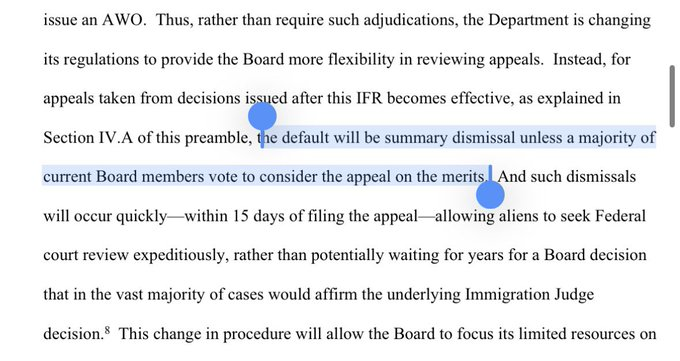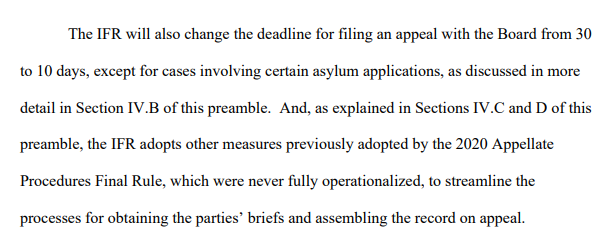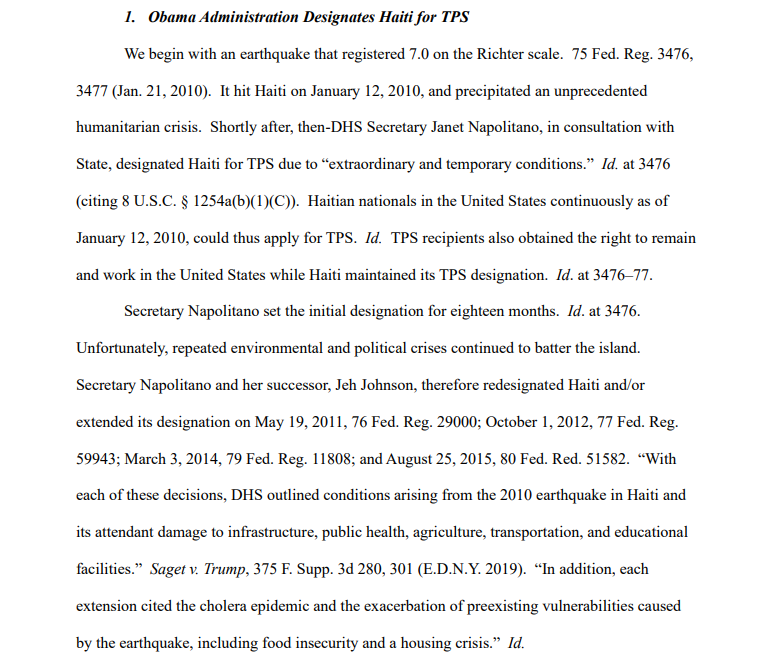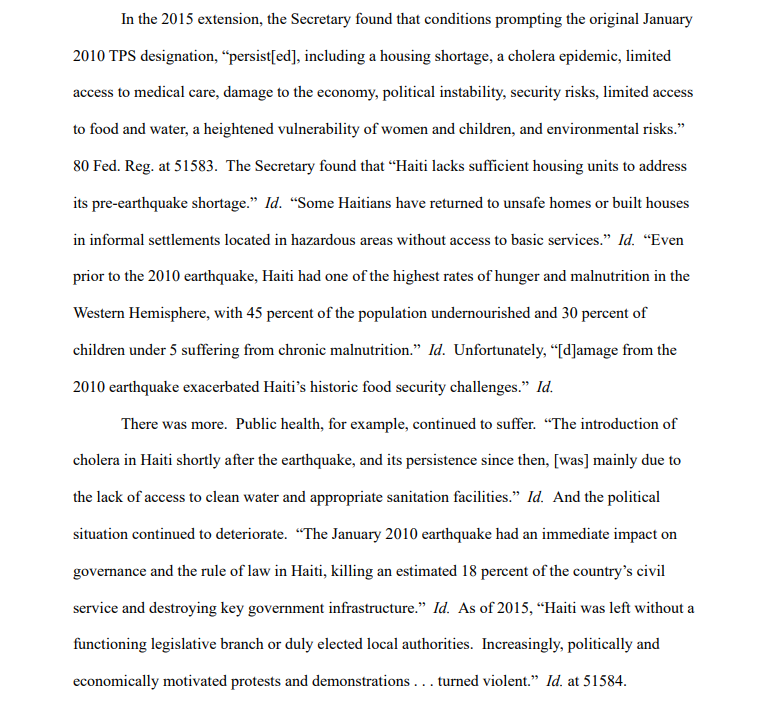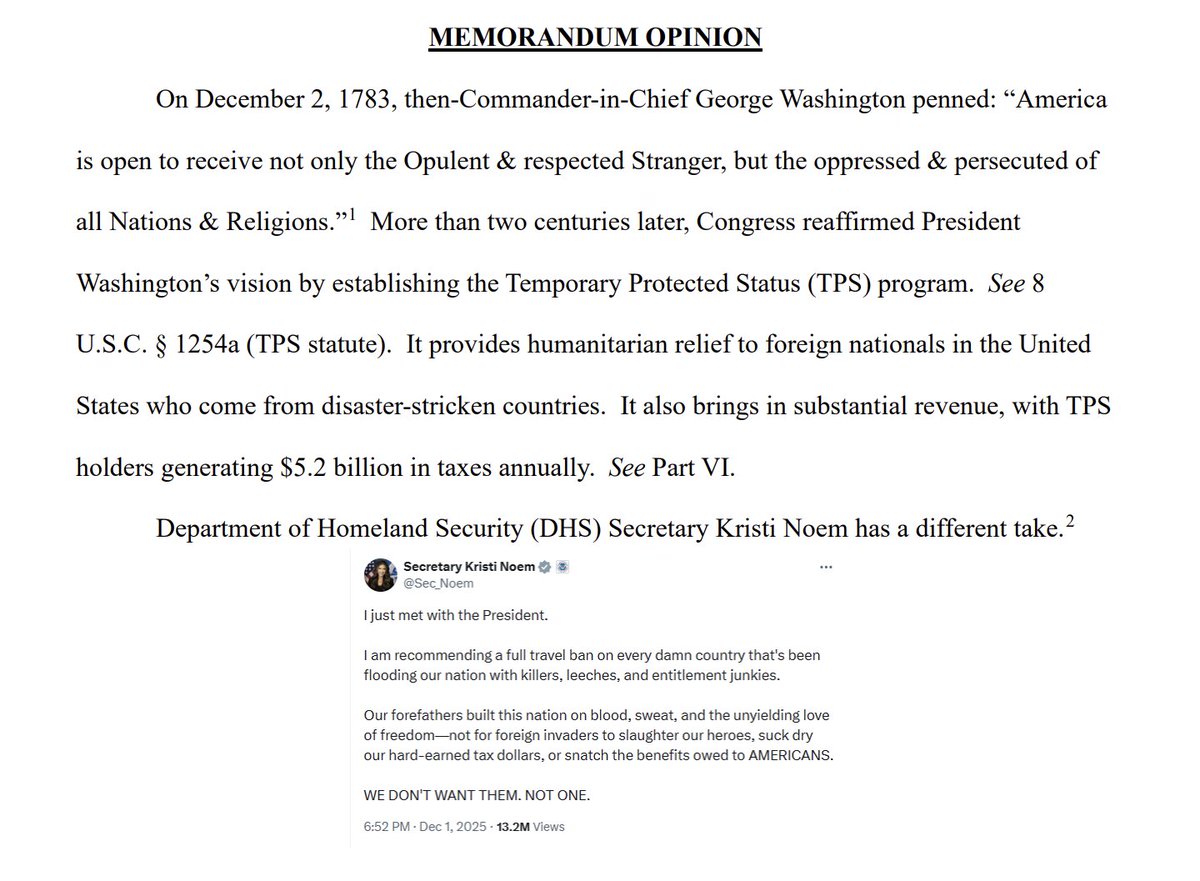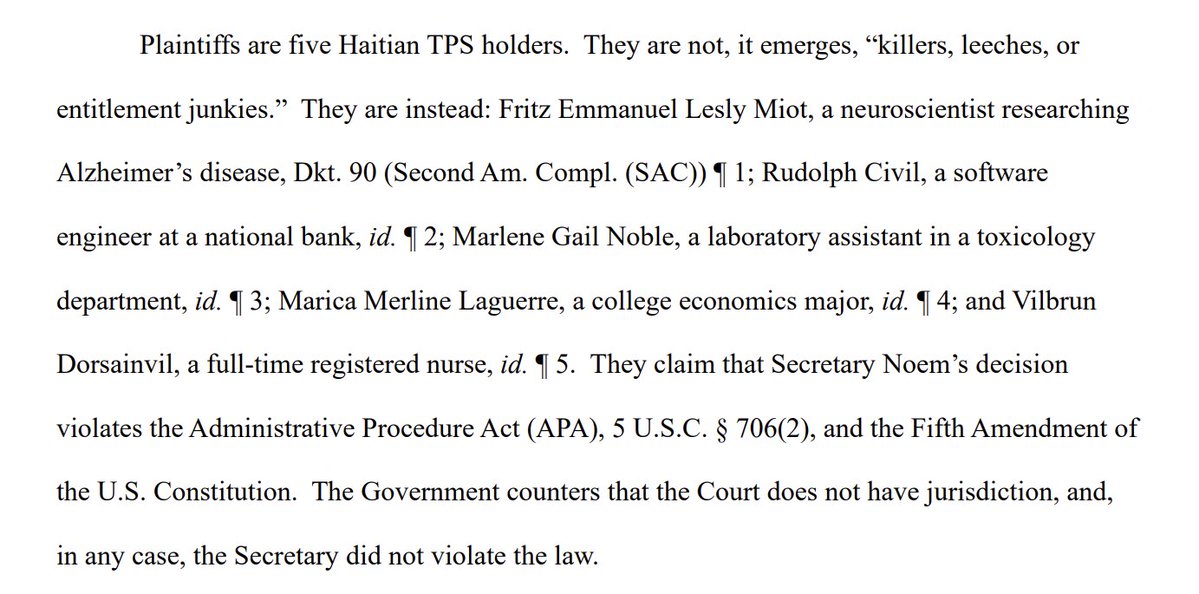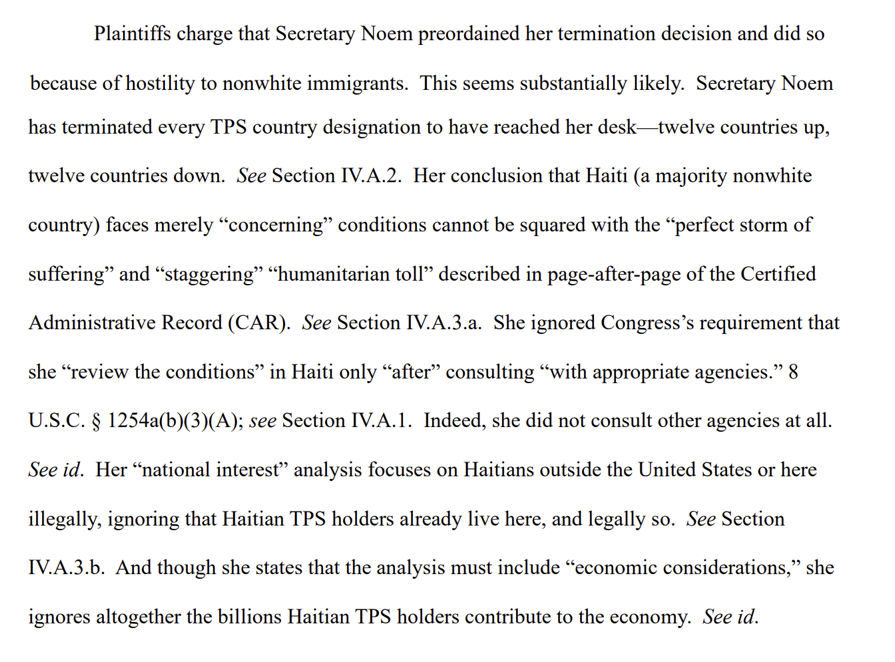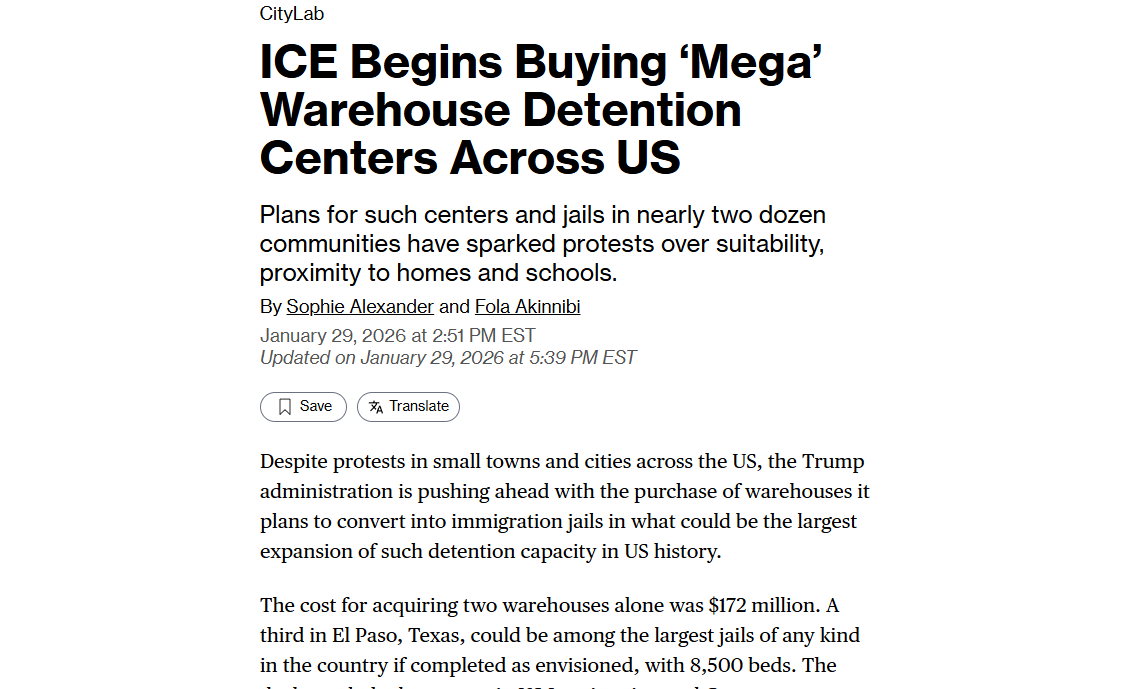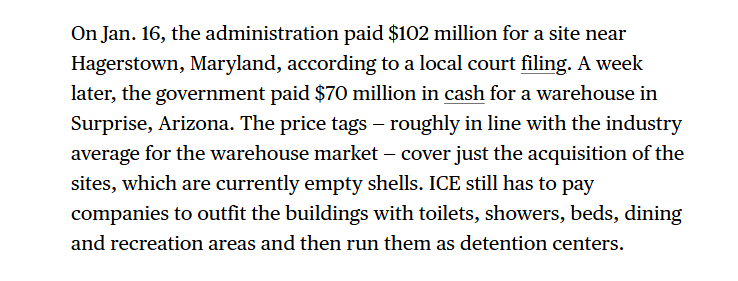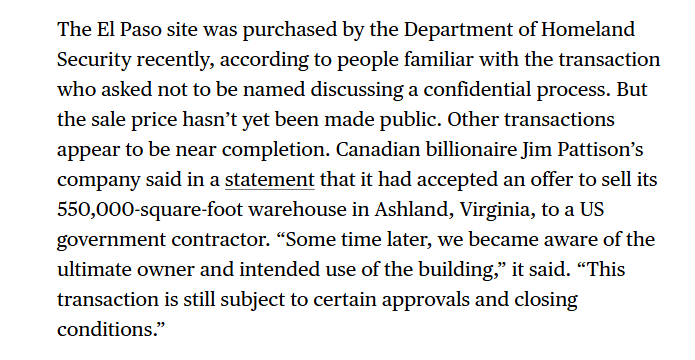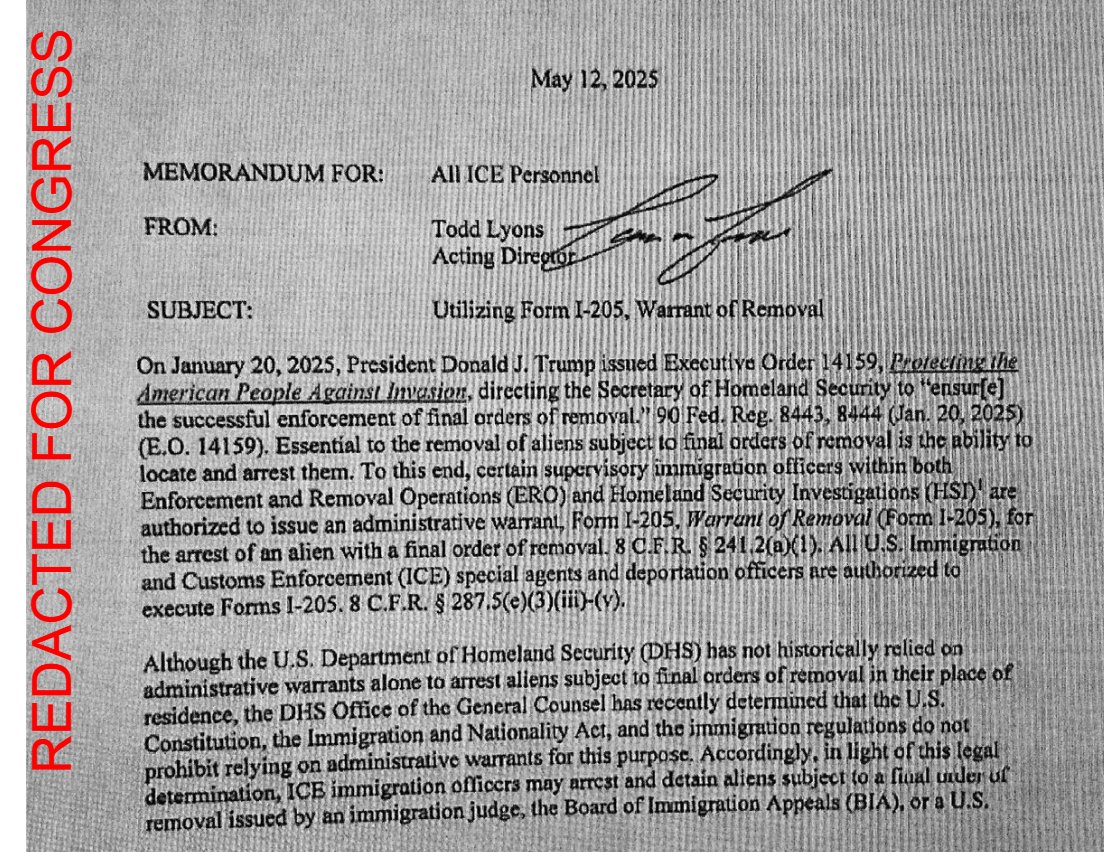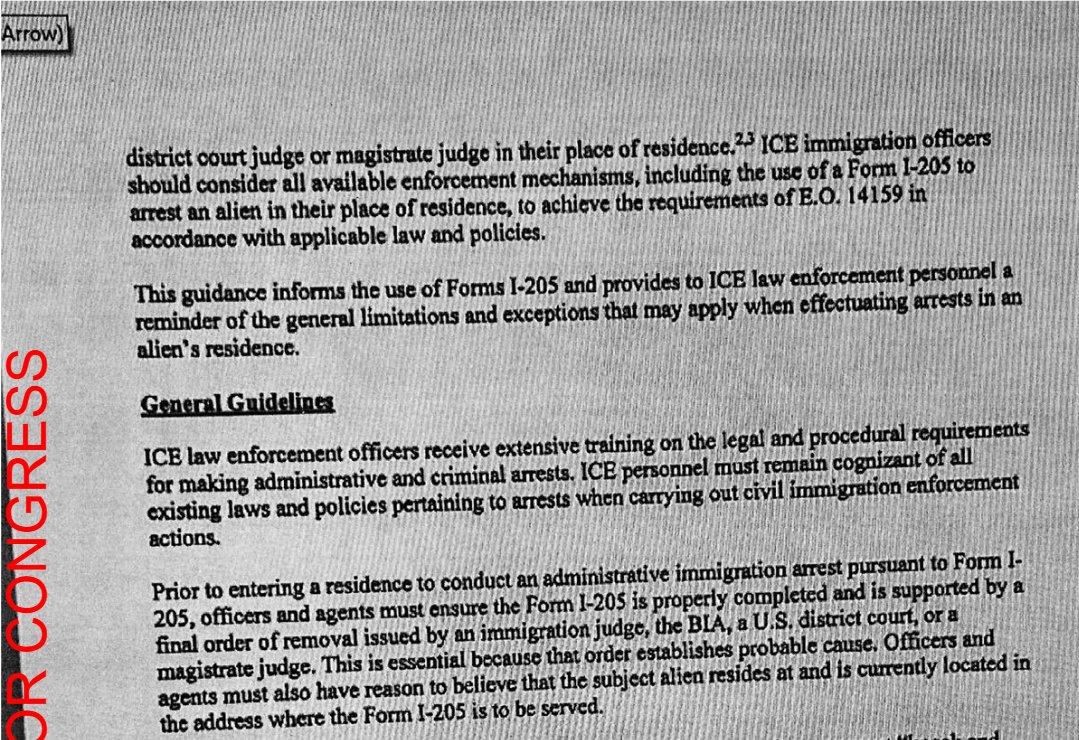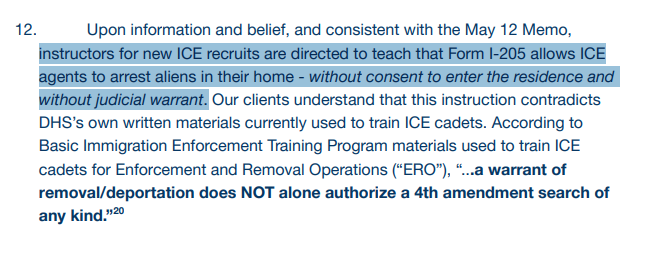NEW!
Interim Rule from the @DOJ_EOIR rearranging EOIR's org chart to reflect changes made in the Trump era, plus some odd new changes to the BIA and to the Director's role.
Reading them now.
s3.amazonaws.com/public-inspect…
Interim Rule from the @DOJ_EOIR rearranging EOIR's org chart to reflect changes made in the Trump era, plus some odd new changes to the BIA and to the Director's role.
Reading them now.
s3.amazonaws.com/public-inspect…

@DOJ_EOIR The biggest new change to EOIR's organizational structure is the Office of Policy, created in 2017 and just now being formalized in regulations. This office has been the source of many of the Trump administration's worst changes to immigration courts. 

@DOJ_EOIR Board of Immigration Appeals members, known since the creation of the Board as "Board Members," are now going to be officially also called "Appellate Immigration Judges."
The politics of that choice are... interesting.
The politics of that choice are... interesting.

@DOJ_EOIR The interim rule will also permit, in circumstances where an appeal hasn't been decided within certain time periods, for the EOIR Director to decide appeals!
The regulations previously allowed the A.G. to decide cases in those scenarios, and the A.G. says he's too busy.
The regulations previously allowed the A.G. to decide cases in those scenarios, and the A.G. says he's too busy.

@DOJ_EOIR Finally, because allowing the Director to decide appeals conflicts with a current regulation saying the Director cannot do that, the Interim Rule edits the old regulation to make the new delegation of authority permissible.
The rule goes into effect 60 days from Monday.
The rule goes into effect 60 days from Monday.

• • •
Missing some Tweet in this thread? You can try to
force a refresh


